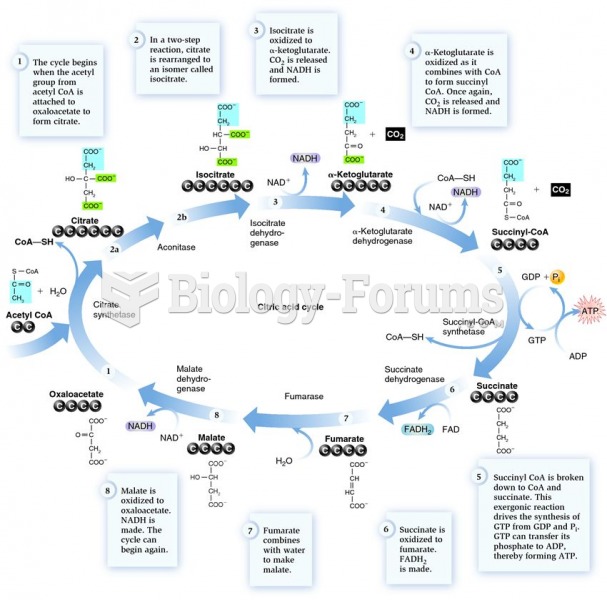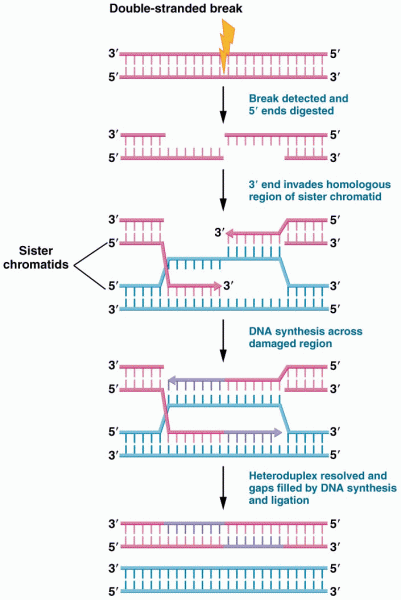Answer to Question 1
Supply chain talent management is a multi-faceted, dynamic, and challenging activity. There are no quick fixes or easy solutions. Organizations need to adopt a long term talent management strategy that involves significant planning and a commitment to investment. Effective execution of talent acquisition, development, and advancement strategies will maximize the future capabilities of a company's supply chain team, improve retention, and prepare high potential individuals for leadership roles.
Acquiring new staff to supplement the internal talent pool is the crucial first step in building a high quality SCM team. Hiring properly skilled and culturally aligned talent not only takes care of current staffing needs, it also sets the stage for future retention and growth. These skills are not limited to supply chain expertise. Broader general management skills will also be essential as SCM becomes more ingrained in corporate strategy and the footprint of SCM responsibilities expands. Future supply chain leaders will need to be critical thinkers and problem solvers with abilities to see the big picture, develop integrative solutions, establish contingency plans, and communicate the vision.
To find these broadly skilled supply chain professionals, organizations will need to deploy active recruiting techniques. Simply posting opportunities online and waiting for top candidates to emerge is ineffective in an increasingly competitive recruiting environment. Instead, leading organizations will actively engage SCM candidates through highly effective personal contact methods. They will build recruiting relationships with leading universities, leverage employee referrals, and create online communities via LinkedIn and other sites to facilitate candidate interaction.
Developing talent is the critical second step of building a high quality SCM team. Talented individuals must be quickly acclimated, continuously trained, and properly deployed to meet the supply chain requirements of the organization. Additionally, a proactive professional development program combined with challenging assignments will help reduce the risk of talent turnover. Hence, supply chain leaders will need to immerse future hires in the organization's culture and provide current team members with opportunities to expand their capabilities.
To support the growing need for supply chain talent, organizations will need to build stronger, more thorough development programs that include effective onboarding, ongoing training, and individual guidance. A formal mentoring program will help the transition of newly hired professionals through the learning curves of an unfamiliar role, work environment, and organizational policies. A strong culture of development will encourage active pursuit of skills improvement and professional growth. And, supply chain human resources collaboration on the SCM talent pipeline will identify high-potential individuals and create customized roadmaps for their development.
Fostering the advancement of top supply chain talent is the third team building step. The last thing an organization wants to do is invest heavily in talent only to have high turnover. A proactive combination of career guidance and challenging assignments will stretch the capabilities and foster the retention of supply chain professionals. This is essential for creating the bench strength and institutional supply chain knowledge that underpin future success.
To avoid talent flight, organizations must provide compelling SCM advancement opportunities via logical career paths, retention strategies, and succession planning. Because relatively few organizations offer clear SCM career paths, there is an imminent need to help individuals plan and manage their advancement. Proactive retention strategies focused on role clarity, financial incentives, and performance feedback from senior executives to create a positive culture and contentment. And, adopting a succession planning framework will help organizations to systematically pinpoint high potential SCM talent and groom these individuals for future roles.
Without question, an organization's future success will depend upon its ability to sidestep the SCM talent shortage. The solution is to adopt a three-step talent management process that integrates acquisition, development, and advancement. Doing so will establish the broadly skilled talent pool that is ready to lead next generation supply chains.
Chapter 1: The Role of Marketing Research
TRUE/FALSE
Answer to Question 2
d







